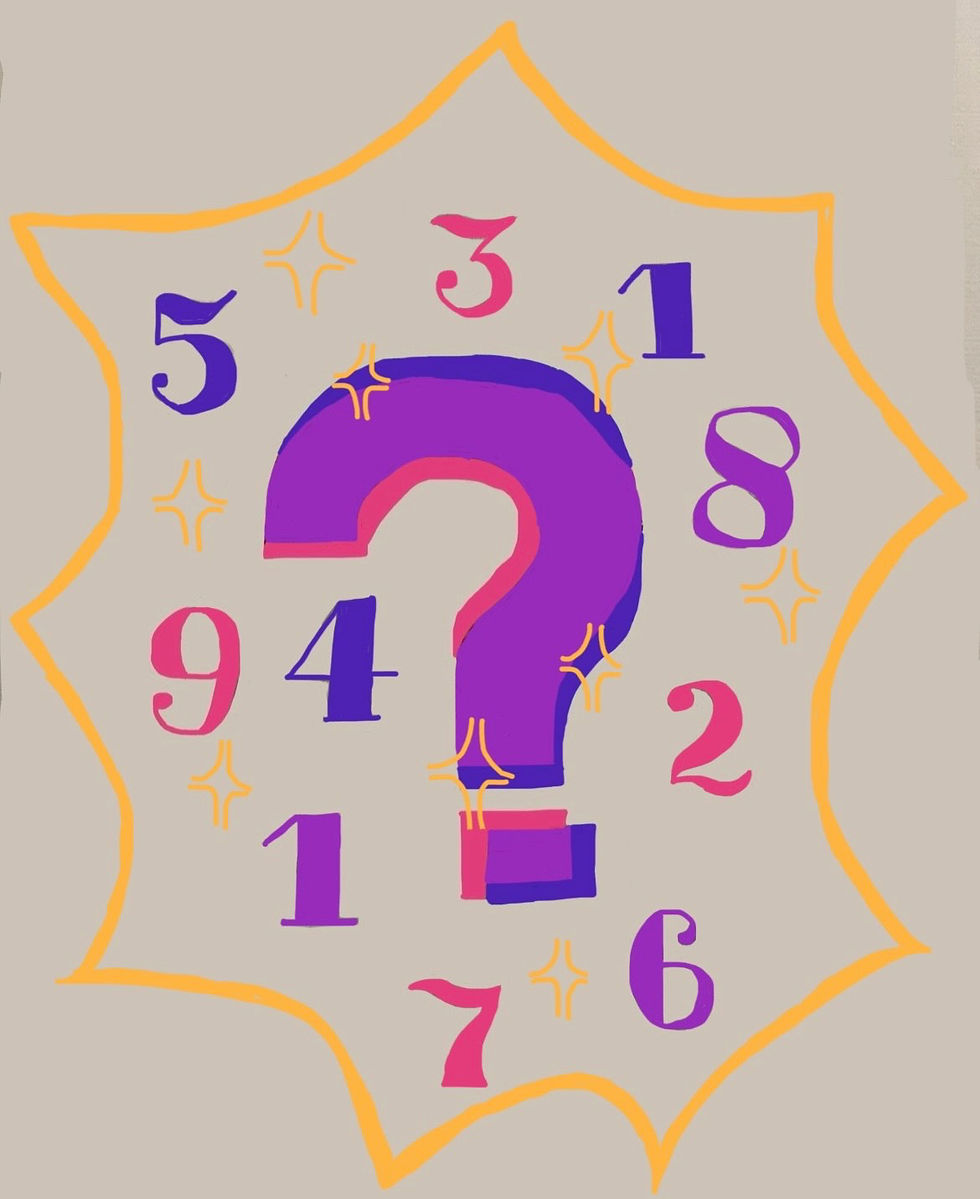The Arts Are Dying, and It's Your Fault
- Alden Arnold

- 23 hours ago
- 3 min read
Paying for art keeps it coming — we can't expect it for free

The arts are in crisis. As austere, slicing government budgets increasingly dominate Western fiscal policies, the more ‘decorative’ features of civil spending — those not encompassing essential healthcare, social welfare, and law enforcement — have been pushed to the wayside. Optimism about creative career prospects has plummeted, theatres emptied, and galleries foreclosed. By every vital sign, the arts are bound for the care home.
Since 2017, funding from UK arts councils has decreased by 18%. Between 2009 and 2021, per-person cultural funding was slashed by 50%. In 2024, 32% of museums saw a fall or complete end to funding over the previous year. The story is not so different in most European countries, nor in the United States, whose 2026 budget proposes eliminating the National Endowment for the Arts. Most concerning, however, is how this public pessimism has trickled down to the youth: in Britain, GCSE and A-level arts entries have decreased by 47% and 29% respectively since 2010.
Though alarming, this trend is not incomprehensible, even to the liberally-minded. Priority ought to be given to the necessities; in the same cities that see museums close and publications go under, NHS lines have gotten longer and household spending tighter. While these issues have indeed accelerated post-COVID, recent arts budget cuts are just the same austerity-boot pressing harder. It’s the lazy, miserly answer to condemn governments and councils for the arts’ grim fate. One must look within, or better yet, in a mirror, to point blame.
Yes, it is your fault that the New Picture House is a golf bar and that the Roger Billcliffe Gallery in Glasgow will close this year. In 2000, the average American spent 7.9% of their income on arts and culture entertainment; by 2023, this number had decreased to just 5%. People still engage with the arts, despite what these numbers suggest — they simply pay less to experience them. With the popularisation of music media like CDs and Spotify, listeners can pay £13 a disk or £12/month instead of attending live concerts. The same is true of YouTube and other streaming services for video media and the performing arts. We have simply outsourced art — we pay companies, not artists.
Furthermore, governments have dramatically democratised arts and culture since the turn of the century. In 2001, Britain made all Department for Digital, Culture, Media and Sport museums free to the public — these include the British Museum, National Gallery, Tate, V&A, among others. Even within the few artistic services governments don’t subsidise, we still find loopholes to skimp on art patronisation. We pirate films and TV, download contraband book PDFs, cancel and renew free subscription trials — anything to avoid spending a single solitary pence on artistic works and experiences.
Historically speaking, being an arts patron was a privilege, and providing support for the arts was an accepted social norm at every level of society. Before it was Creative Scotland or the US Department of Arts and Culture, it was the Medicis who sponsored Michelangelo and DaVinci, medieval peasants who contributed their income to construct local churches, and Londoners who donated to evacuate artefacts from the British Museum during the Blitz. It was individuals, not bureaucratic councils, who took accountability for and pride in the flourishing arts. Modern Western society, gone soft from the comforts of the over-extended welfare state, has grown complacent, taking for granted the costless immediacy of government-sponsored arts consumption. We have put no individual financial effort into the arts for the past 30 years, and now, as they begin to disappear, we look around surprised, asking where it’s all gone.
So, buy a ticket to the theatre. Go to the bookstore. Spend a few pounds on that concert, that gallery, that album. The arts don’t operate in a vacuum. They need viewers, listeners, and readers, but they also need money — your money. If you wish to consume art you must pay for it, especially when the government won’t. The art exists for you, after all.
Illustration from Wikimedia Commons







Comments